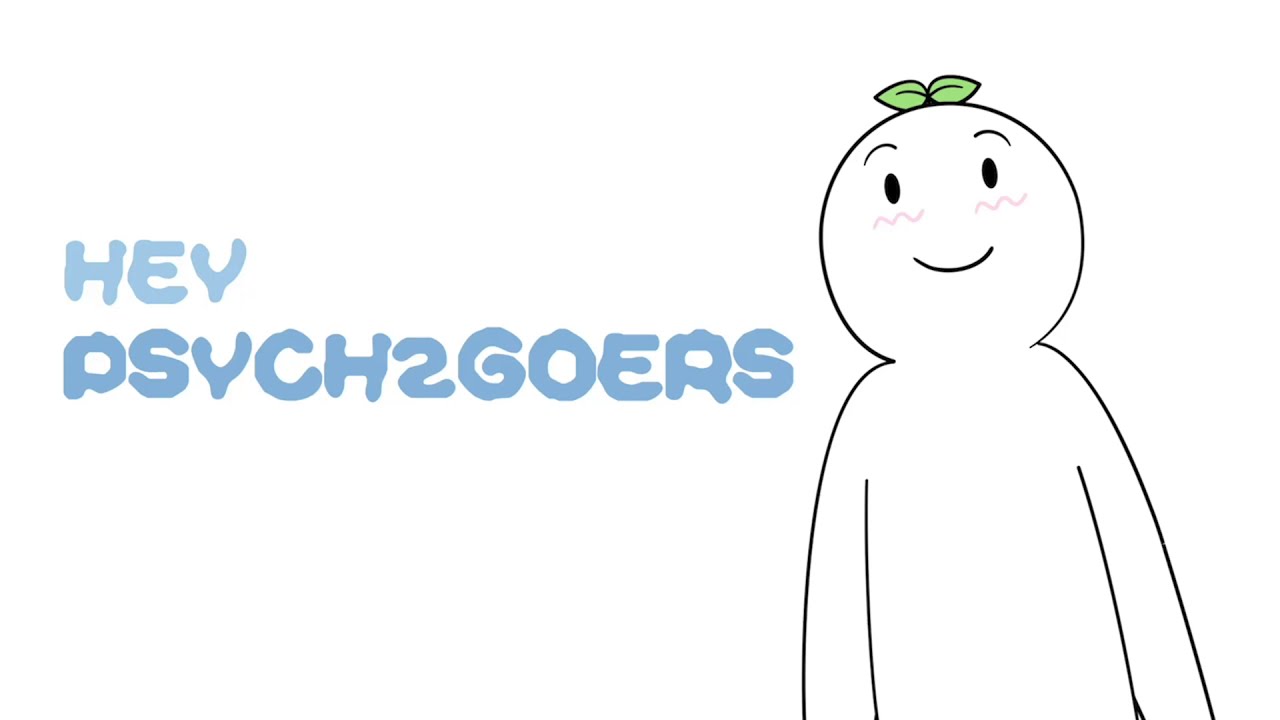Bipolar Disorder VS Depression
Clinical depression and bipolar disorder can be confusing for everyone: the diagnosed person, their friends and family, and people seeking to learn more about mental health. Major Depression, Major Depressive Disorder, and bipolar disorder often have overlapping symptoms, but this is not always the case. What are the Differences Between Depression and Bipolar Disorder? Watch this video to find out!
#depression #bipolar #psych2go
Related Video(s):
8 Signs of Major Depressive Disorder

Bipolar Disorder – What is it?

Credits
Writer: Carley Swanson-Garro
Script Editor: Rida Batool
Script Manager: Kelly Soong
VO: Amanda Silvera
Storyboarder: Francesco Parente
Animator: Susan King
YouTube Manager: Cindy Cheong
References:
American Psychiatric Association (2017). What is depression? Retrieved 11 April 2020 from www.psychiatry.org/patients-families/depression/what-is-depression.
American Psychiatric Association (2017). What are bipolar disorders? Retrieved 11 April 2020 from www.psychiatry.org/patients-families/bipolar-disorders/what-are-bipolar-disorders.
American Psychiatric Association (2013). Diagnostic and statistical manual of mental disorders (DSM-5), 5th ed.
Butler, M., Urosevic, S., Desai, P., Sponheim, SR., Popp, J., Nelson, V.A., Thao, V., Sunderlin, B (2018). Treatment for bipolar disorder in adults: A systematic review. Comparative Effectiveness Review (208, 18-EHC012-EF). Rockville, MD: Agency for Healthcare Research and Quality. doi: 10.23970/AHRQEPCCER208.
Mental Health America. Co-occurring disorders and depression. Retrieved 11 April 2020 from www.mhanational.org/co-occurring-disorders-and-depression.
National Institute of Mental Health (2020). Bipolar disorder. Retrieved 11 April 2020 from www.nimh.nih.gov/health/topics/bipolar-disorder/index.shtml.
National Institute of Mental Health (2018). Depression. Retrieved 11 April 2020 from www.nimh.nih.gov/health/topics/depression/index.shtml
National Institute of Mental Health (2017). Prevalence of bipolar disorder among adults. Retrieved April 2020 from www.nimh.nih.gov/health/statistics/bipolar-disorder.shtml#part_155458.
Resources:
National Suicide Prevention Hotline: 1-800-273-8255
Substance Abuse and Mental Health Services Administration (SAMHSA) Treatment Referral Helpline: 1-800-662-HELP (4357).



![[ID: cmB8LI8ATB4] Youtube Automatic](https://okumasaati.net/wp-content/uploads/2020/10/id-cmb8li8atb4-youtube-automatic-360x203.jpg)
![[ID: ft68MiVKqKE] Youtube Automatic](https://okumasaati.net/wp-content/uploads/2020/10/id-ft68mivkqke-youtube-automatic-360x203.jpg)
![[ID: UjTdiLp3VN0] Youtube Automatic](https://okumasaati.net/wp-content/uploads/2020/10/id-ujtdilp3vn0-youtube-automatic-360x203.jpg)
![[ID: _uDs6pjSskc] Youtube Automatic](https://okumasaati.net/wp-content/uploads/2020/10/id-uds6pjsskc-youtube-automatic-360x203.jpg)
![[ID: _46Q-8n8fW4] Youtube Automatic](https://okumasaati.net/wp-content/uploads/2020/10/id-46q-8n8fw4-youtube-automatic-360x203.jpg)
![[ID: WSOdbpce4b0] Youtube Automatic](https://okumasaati.net/wp-content/uploads/2020/10/id-wsodbpce4b0-youtube-automatic-360x203.jpg)